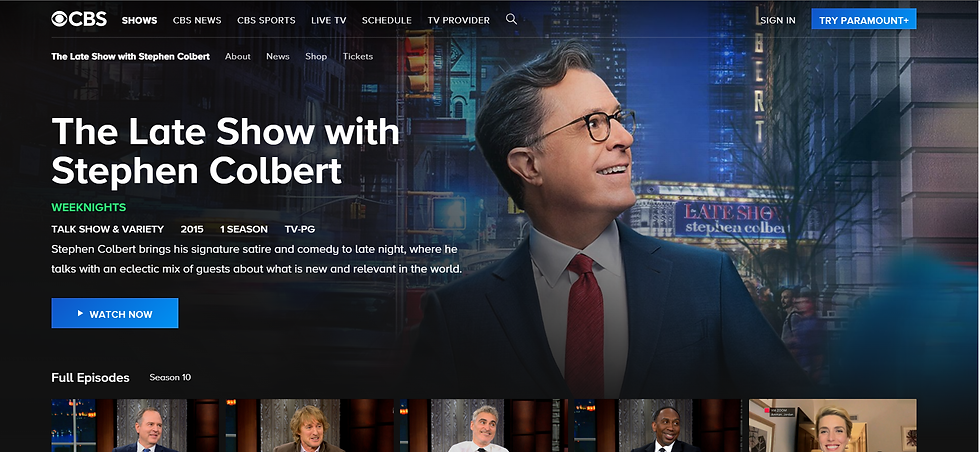Writing a Land Acknowledgment
- Mark Campbell

- May 6, 2021
- 2 min read

If you purchased Fiona Apple's Fetch the Bolt Cutters on vinyl, you probably noted that the lyric booklet featured the following short statement:
'Made on unceded Tongva, Mescalero Apache, and Suma Territories.'
I have been thinking about that statement a lot lately.
Mainly because, last week, I participated in an IABC Maritime Canada event presented by Nadine Bernard, Founder, Indigevisor Advisory & Consulting, and Senior Consultant, Public Service Commission, Nova Scotia.
I also wrote a blog about it for the IABC Maritime Canada website.
And it inspired me to take action.
I live and work on land that is the traditional land of the Mi'kmaq.
I want to draw attention to that and, in doing so, encourage you to think about what you can do to support Indigenous communities too.
So I added a land acknowledgement to my website and my email signature.
For my acknowledgement, I drew on Nadine's advice and based it on three components:
an acknowledgement that the land where I live, work, and play is Mi'kma'ki
an acknowledgement that this territory is ancestral, traditional, and unceded, and a recognition of the Peace and Friendship treaties signed between 1725 and 1769. These treaties only ended discord. They were not a surrender of land.
an acknowledgement that I and everyone who lives here are treaty people.
This statement is a recognition that the colonialism that brought my ancestors, and me, to Mi'kma'ki continues to this day.
And an acknowledgement of years of genocide and forced removal, and their impacts on Indigenous communities.
If you are thinking of adding a land acknowledgement to your website, email, or the speech you deliver at your organization's events, start by examining your reasons for doing so.
If your intent is to open a dialog, encourage support of Indigenous communities, and a way to forge relationships with these communities, that's great.
If you are doing it out of guilt or because you noticed other organizations doing it, that's not so great.
You also want to do some research on how to craft yours so that it correctly identifies who the land or territory belongs to and local treaties.
You should also consider any acknowledgement you create a starting point.
For me, that is what this statement is.
I am thinking about how else I can be an ally.
I hope you will too.




Comments